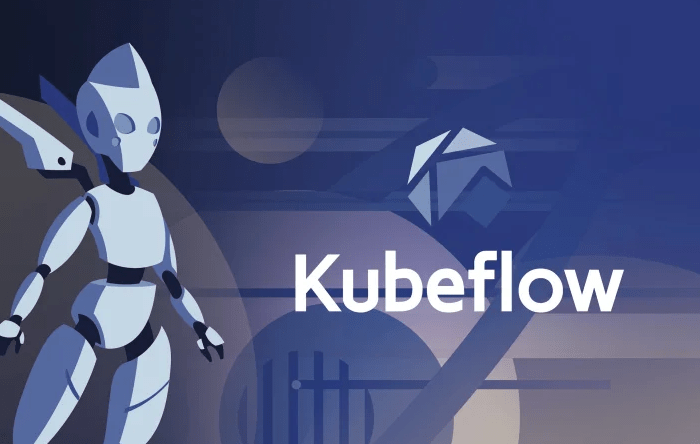Transformers are revolutionizing the capabilities of machine learning (ML), leading to a new era of generative AI. But how can data scientists build out models that fully take advantage of the power of transformers? That’s a question the open source Kubeflow effort is looking to help answer.
Kubeflow 1.7 became generally available today, providing the first update to the widely used open-source MLops platform since the debut of Kubeflow 1.6 in Sept. 2022. At its core, Kubeflow is an open-source ML toolkit that helps organizations to deploy and run ML workflows on cloud-native Kubernetes infrastructure. Among the themes of the Kubeflow 1.7 update is a focus on helping to better support transformer based models.
As model developers switch to using transformer-based models, they must also learn to utilize resources effectively. Kubeflow 1.7 can assist in workload placement and autoscaling, which can reduce resource usage and simplify operations. In particular, the Kubeflow Pipelines component in the 1.7 update benefits from the introduction of ‘Parallelfor’ statements which enables developers to more efficiently use parallel processes across AI accelerator hardware.
“Kubeflow 1.7 is a large release with hundreds of commits so the benefits and themes could be written many ways,” Josh Bottum, Kubeflow Community Product Manager, told VentureBeat. “We choose to highlight how model developers, that are moving to transformer model architectures, will benefit from 1.7’s python and Kubernetes native workflows, which speed model iteration and provide for efficient infrastructure utilization.”
By Venture Beat
Read more here:

